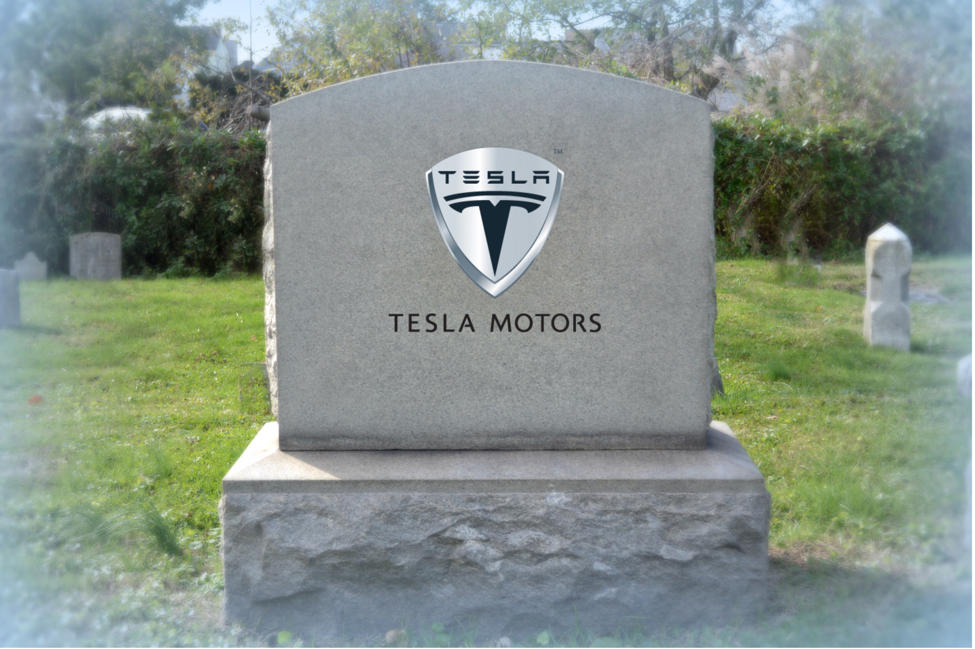When PC sales were strong, all the PC companies did well. Even the inefficient ones that were relatively high cost. But strong sales will cover for a lot of sins. When the overall market demand pulls back it will happen suddenly and when you least expect it. At that time, the companies with the highest cost structures will be the first who are forced to exit the business.
Gateway Computers was one of those high cost players. Gateway had a strong fan base who loved their products. However, Gateway didn’t have the scale of an HP or Dell. As a consequence, our material costs were higher than the bigger guys. We also had tried to disrupt the TV market before fully understanding the magnitude of the service and support costs.
Plus, we didn’t mass market our PCs through big box retailers until it was too late. We preferred the personal touch of selling directly to our customers through our Gateway Country Store show rooms. This was good for gross margins but bad for overall profitability since it made Gateway very top heavy in terms of selling costs. Also, unlike HP or Dell, Gateway didn’t have any other businesses to subsidize our consumer PC business. HP had their wildly successful printers and ink and Dell had enterprise servers.
After the World Trade Center terrorist attacks on 9-11, the economy went into a tailspin. The PC companies with high cost structures like Gateway were the first ones to be vaporized. In the high stakes world of business, you don’t have to be the most efficient, but you can’t be the least.
This is the position that Tesla currently sits in. They are the least efficient auto manufacturer with the highest cost structure. If a terrorist attack on the scale of 9-11 were to happen today, they’d be gone in under 6 months. They have a small fan base that loves their products, but this will not be enough to save them.
I see so many similarities between Tesla and Gateway Computers. They were both operating on a smaller scale than the big guys. The both were trying to market direct to consumer via their own stores. They were both loved by a small fan base. Neither of them had any subsidizing business. Both attacked a notoriously low margin business. Both greatly underestimated the true cost of customer support. Both did well in between the storms when times were good. Well, Gateway did anyway. Tesla has struggled with profitability in the best of times but has had steady revenue increases.
I also see many similarities between GM/Ford and HP/Dell. Gateway considered HP and Dell either too stodgy or too boring to ever compete in the future. They sold computers the old fashioned way and were more concerned about quality (HP) or penny-pinching (Dell) to ever compete with the coolness of Gateway. But when the economic storm hit, it was the boring old big guys who obsessed over quality and cost who were left standing.
GM has recently announced that they are closing at least three plants and cancelling six car models. GM is serious about being a low-cost producer. So is Ford who also recently decided it was better to focus mostly on trucks and SUVs. Better to do a few things well then many things with mediocrity. GM and Ford are now girding for the next down turn while they can. Because when the economic slump hits, it is too late to make changes. Everyone will fight for a smaller pool of customers by cutting their prices. At that point, you simply have to hope that you prepared well enough and that you are not the least efficient manufacturer.
Compare this with Tesla who will throw caution to the wind and add another shift willy nilly or simply buy trucking companies to solve a short-term problem. On a whim they will market semi-trucks, sports cars, or flame throwers. They spend precious development resources to add in farting unicorns to their operating system. Tesla is out of control on the cost front, and you can’t change this mindset over night. Tesla is one of the most poorly managed companies I’ve ever witnessed. With this management team, it doesn’t matter what they sell. If they sold iPhones, they’d still snatch defeat from the jaws of victory.
Tesla is like a delicate flower that was planted after the big economic storm of 2008. Since then, they’ve had abundant sunshine and water lavished upon them in the form of a loose fed monetary policy, government tax credits, and outright cash payments in the form of ZEV credits. The job market has been great and people didn’t mind treating themselves to some luxury. It’s amazing that they’ve had tons of praise heaped upon them for eeking out a tiny profit in one quarter during good times. I doubt they’ll be profitable going forward, and I’m sure that when the next recession hits, they’re going to be looking at massive losses and cash bleed.
If you’re a millennial, you may have never experienced a recession. Let me tell you what happens to companies like Tesla who sell non-essential luxury products which are purchased infrequently. Sales go down, your stock price drops as investors pull out of the stock market, and banks get stingy with lending. The next economic storm is not a question of if, but when. And when it comes, this charmed period will come to a close. GM and Ford are preparing for famine, Tesla is not.
Tesla is so poorly managed that even if a recession never hits they are still doomed to a slow motion death. I've covered that in my book and on this blog. If you’re long on Tesla, you’ve been warned.



 RSS Feed
RSS Feed